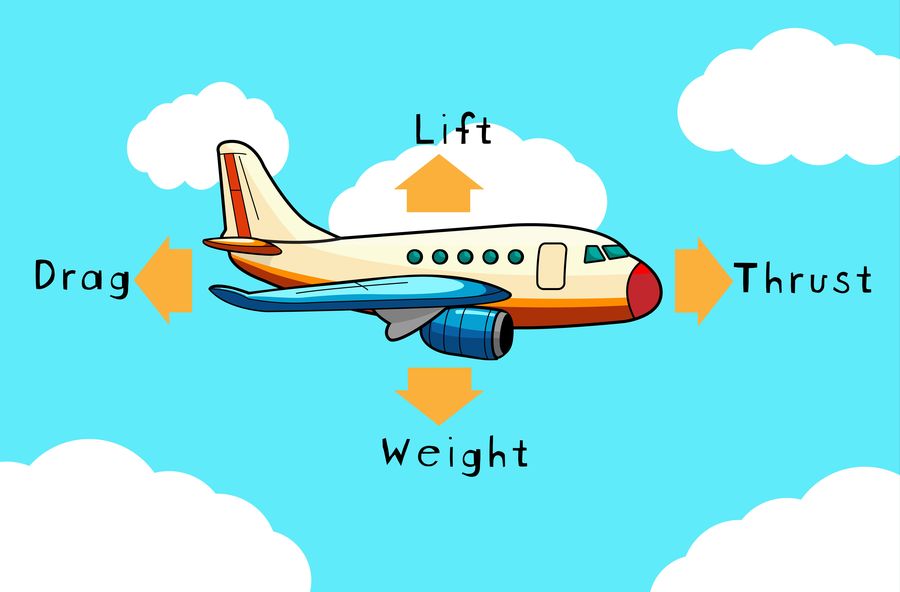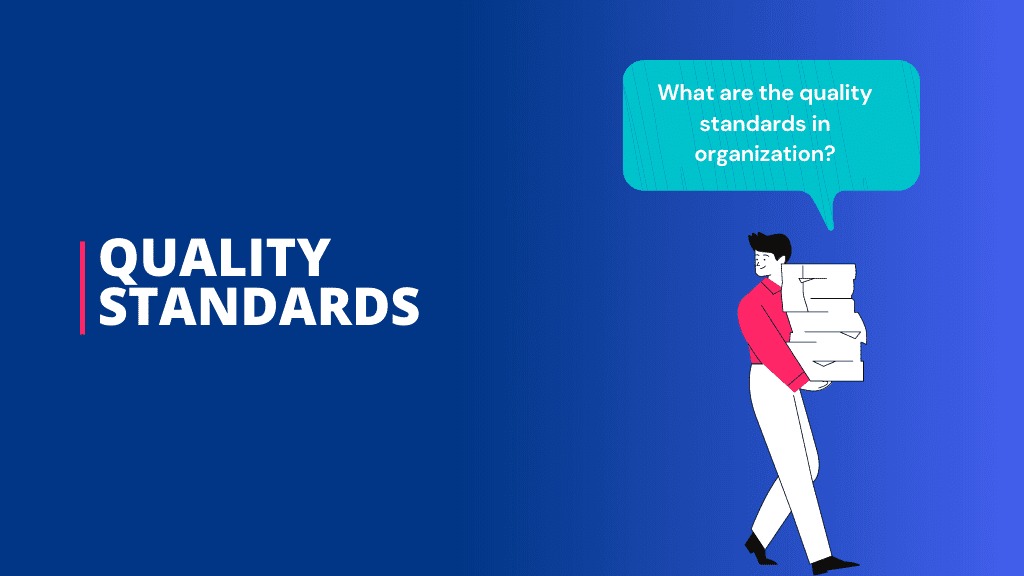Posted inProfessional Ethics & Human Values
SELF-INTEREST AND ETHICAL EGOISM
Psychological Egoism All of our actions can be reduced to self-interest • We always do what we most want to do. e.g., a man who helps others has chosen to do so, so he sees doing it, is in his self-interest • We do what makes us feel good. e.g., a man who helps others must get pleasure From doing it – hence it is in his self-interest The Problem of Counter Examples What about charity and pity? These require the egoist to distinguish selfish and unselfish acts from selfish and unselfish motives • Charity – I enjoy showing my power • Pity – I worry that it might happen to me So again, doing these, we act from self-interest Confusion over self-interest…






